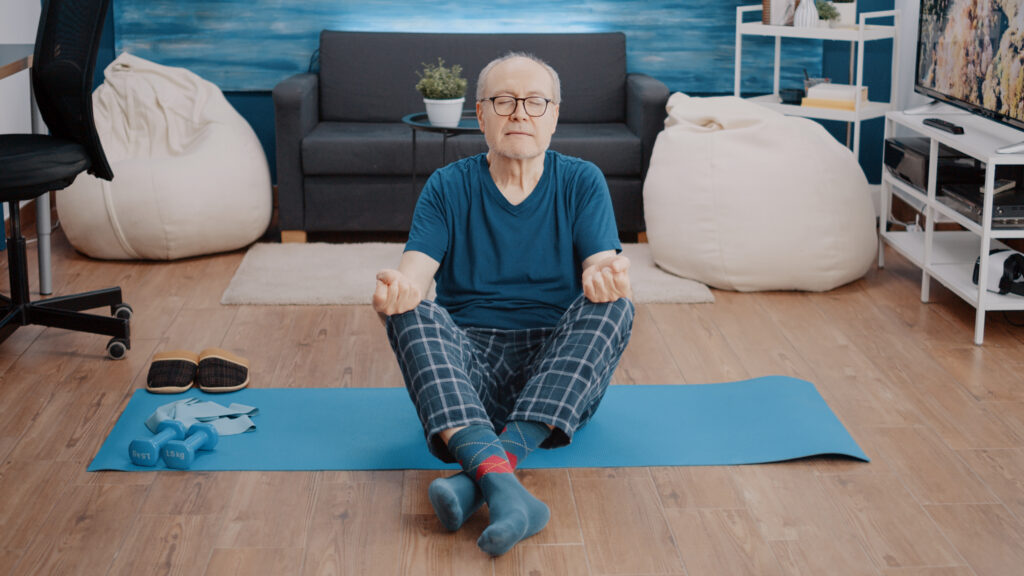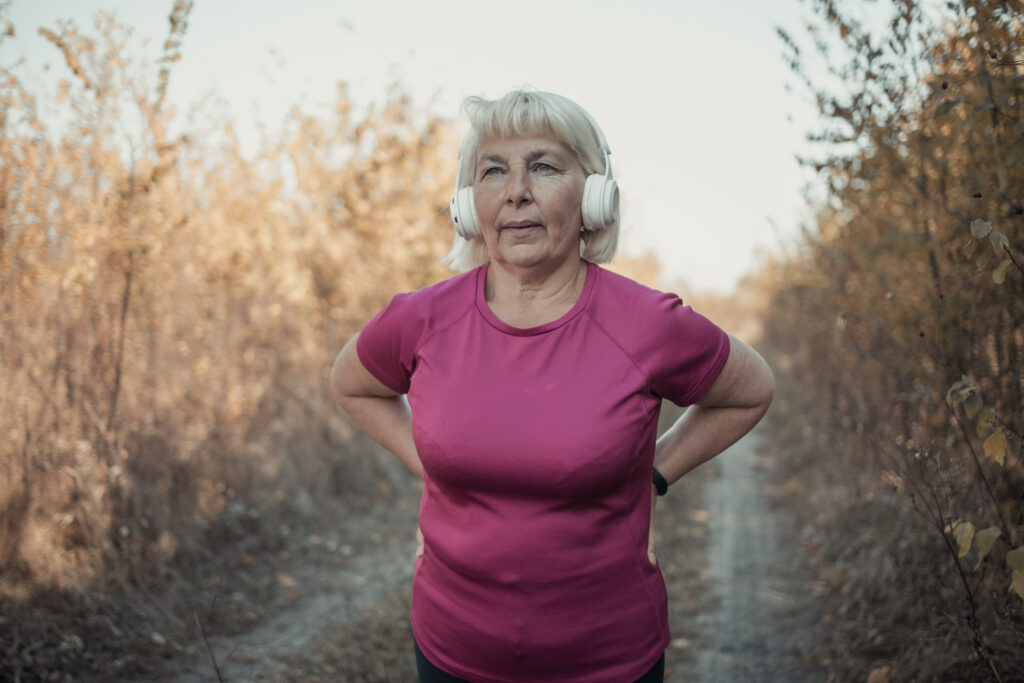Being a carer is a constant balancing act; ensuring that you are caring for yourself as well as providing care for someone else – and it isn’t easy. Whether you are a nurse, working in at-home care, or caring for a family member, your role is as demanding and arduous as it is rewarding, and finding the time and techniques to decompress isn’t easy.
Why it’s important to take time out
If caring is your profession it can be a little easier to make time for yourself once you clock off and go home, but for those who are caring for a family member, it can be more difficult to detach from work and recuperate both physically and emotionally. Sadly, this can have a negative effect on the quality of care you are able to provide, but many carers don’t take the time, or understand the importance, of building respite care into their care plans.
If you are caring for a loved one, not setting aside this time to look after your own physical, mental, and social well-being can lead to fatigue, depression, and anxiety, as well as a whole host of physical ailments as well. This is known in the industry as ‘caregiver burnout’, and if you don’t know the risks then you are in danger of overworking yourself to dangerous levels.
If you don’t have the resources to hire at-home care, have no other family members who can offer respite, or your loved one is opposed to the idea of a respite stay at a care facility, there are steps you can incorporate into your routine that can help prevent caregiver stress and the aforementioned burnout.
Care In Kent takes a look at a few easy relaxation techniques you can implement during your caregiving breaks and how they can benefit you as a carer.
Carer Relaxation Tip 1 – Breathe
We breathe without thinking, but THINKING about our breathing can be highly beneficial in staving off or coping with stressful situations.

Chronic stress can actually lead to unhealthy breathing habits and so meditation and breathing exercises are useful for restoring inner calm, balance, and clarity. The good news is, you don’t necessarily have to seek out a professional in order to implement these techniques.
Take a few minutes a day to close your eyes and focus on your breathing. Breathing deeply can help fight stress and raise your oxygen levels. In your mind’s eye picture calming scenery, or you can play calming music. Be mindful and in the moment.
Check online for meditation classes near you if you’re interested in more structured meditation, or download one of the many apps and instructional videos that can help you to learn mindful breathing techniques.
Carer Relaxation Tip 2 – Eat Well
Yes, there is such a thing! Life as a carer can mean that tensions are running high and that you’re often short on time – so it’s no wonder that you end up grabbing some fast food for a quick fix. However, if this becomes a habit it can leave you feeling sluggish and rundown.

Try to reach for healthy, nutrient-dense food instead. Foods rich in vitamin C have been proven to help reduce cortisol levels – the stress hormone, as well as combat anxiety, lower blood pressure and improve the function of your immune system. Citrus fruits such as oranges and grapefruits are a great source of vitamin C, have a long-life, and are readily available. Nuts are a great ‘go-to’ snack and are an excellent source of healthy fats, and cereals such as oatmeal are a good complex-carb that stabilises blood sugar and promotes the production of serotonin – the happy hormone.
Carer Relaxation Tip 3 – Just Keep Moving
Setting aside time to work out regularly is enough of a stretch for someone who isn’t in the care industry, let alone those who are caring around the clock for a loved one. Thankfully, you don’t have to be putting in hours at the gym in order to feel the benefits of exercise. Even short, light amounts of physical activity can have a huge impact on your health and mood. Just ten minutes a day of walking, jogging, or swimming, for example, can release endorphins that will reduce stress, improve the quality of your sleep and help combat anxiety and depression.

If you want to know more about self-care as a carer, be sure to read the other articles in our series for information, tricks and tips.
You can also follow us on facebook to keep up to date with all of our articles and news.


